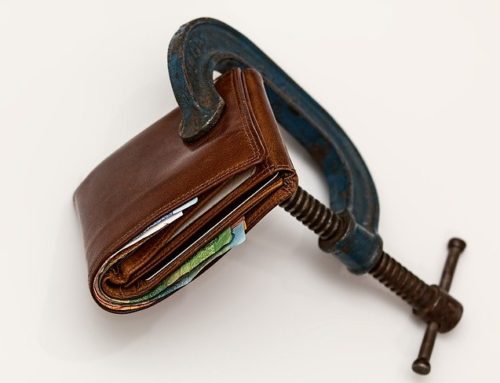Buying your dream house in Jackson, MS
Buying a home is a huge decision that often requires you to make changes in your financial life. From tracking every penny to timing your credit checks, you’ll have to start preparing long before you get a mortgage. To help you get started, here are six tips to help prepare your finances for the purchase of a lifetime.
Know what lenders want to see.
When you apply for a mortgage, lenders will examine your finances from every angle. If they’re not satisfied that you can make your monthly payments, they’ll reject your application.
Knowing what lenders look for during the application process can help you avoid this outcome. Though different lenders may consider various parts of your financial life, most consider your:
- Income and employment history for the past two years
- Banking statements, including your account balance, for the past 2 months
- Recent FICO credit score and credit reports
- Assets (like stocks or real estate) and debts (like student loan payments)
While you can’t “fix” all of these – you can’t exactly erase your employment history – you can often improve your finances before applying. We’ll look at some of these in more detail below.
Fix your credit report.
Your credit report is a detailed summary of your credit history, including debts, late and on-time payments, bankruptcies, and more.
But your credit report might not accurately reflect your history. For instance, if someone in your town shares your name, your report may reflect their late payments or staggering debt balances by mistake.
Fortunately, you can correct any inaccuracies you find by filing a dispute with the credit bureau. To ensure you catch issues in time, it’s best to request your credit report 6-12 months before applying for a mortgage. (You can request a free credit report from each major bureau once per year.)
Check your credit score, too.
Did you know that your credit report doesn’t show your credit score? That’s right – your credit score is a separate metric calculated based on the data in your credit report.
Mortgage lenders usually check both when you apply, so you’ll need both in tip-top shape. (For reference, a score of 740 or higher often gets the best interest rates and terms. However, most let you qualify with a score of 620.)
You can check your credit score for free in several ways, such as in your banking or credit card apps. Free services like Experian and CreditKarma also conduct a “soft” check to let you see your score. If it’s not where you want it to be, you can take steps to improve it by:
- Paying down debts
- Refraining from applying for new credit
- Continuing on-time bill payments
- Or even taking out a credit builder loan
Keep your down payment in mind.
Some mortgage programs let you put anywhere from 3% to 20% down on a home to qualify for a mortgage. This is the percentage of the purchase price you pay upfront. To avoid a costly private mortgage insurance requirement, you’ll need to put at least 20% down on a home. That translates to $20,000 down per $100,000 of house that you buy – not a small chunk of change!
However, the more money you put down on your home, the better your interest rates, terms, and even qualification odds will be. As such, if you’re thinking about buying a home in the next few years, it often makes sense to save when you can, even if you overshoot your goals.
Set aside funds for other expenses.
Unfortunately, your down payment and mortgage are only two costs associated with buying a home.
Typically, you’ll have to pay closing costs too, which cover your appraisal and titling fees, taxes, insurance, and more. All told, closing costs can run as high as 6% of your loan amount. (That comes out to $6,000 per $100,000 of your loan.)
But still, your financial burden doesn’t end there. Most lenders also like to see that you have anywhere from 3-12 months of mortgage payments saved up, too. This shows that you have the funds to make your payments in case of emergency or job loss.
In other words, when buying a house, you’ll need to save more than the number on the mortgage calculator. If you’re preparing your finances now, be sure to add these extra costs into your budget!
Lower your debt-to-income (DTI) ratio.
Your debt-to-income ratio is simply your total debts (such as credit card bills, car payments, and your rent or mortgage) versus how much money you bring in (your income).
To qualify for a mortgage, lenders like to see that less than 36-43% of your monthly income goes toward these bills. And while some allow for higher DTIs if you have more savings or a large income, it’s not a guarantee.
If you have a DTI over the limit, you’ll want to lower it before applying for a mortgage. For instance, if you have high student loan or credit card payments, you can start paying down the balance or refinancing into a lower-cost loan.
You may also want to start bringing in extra income to lower your DTI or boost your savings potential. Buying a house is a numbers game – and the more you save now, the less you’ll pay later.
Don’t let the mortgage process catch you off guard.
Buying a house is often more expensive than it seems. Not to mention, it can do a number on your credit score! To ensure you’re ready to take the hit, you’ll want to start preparing your finances months or even years in advance. Consult a professional for financial advice. Call our savvy attorneys at The Rollins Law Firm for a free consultation.








Connect with Us